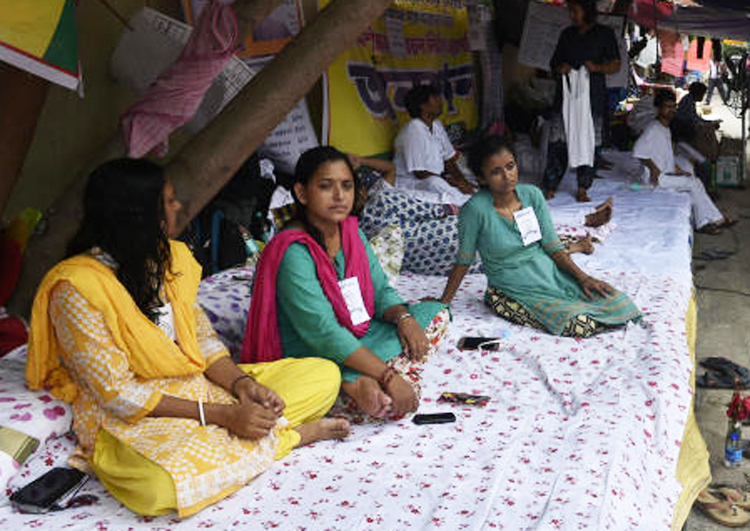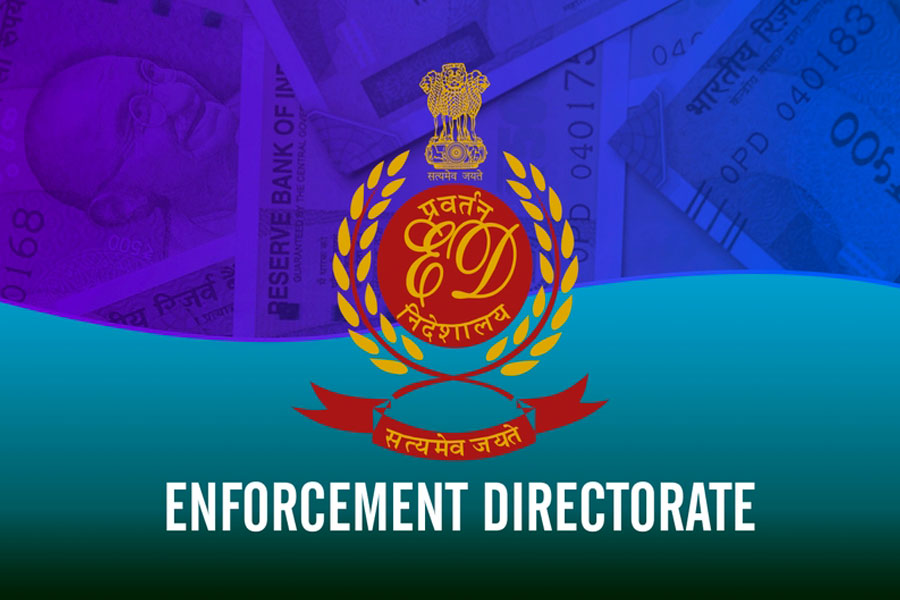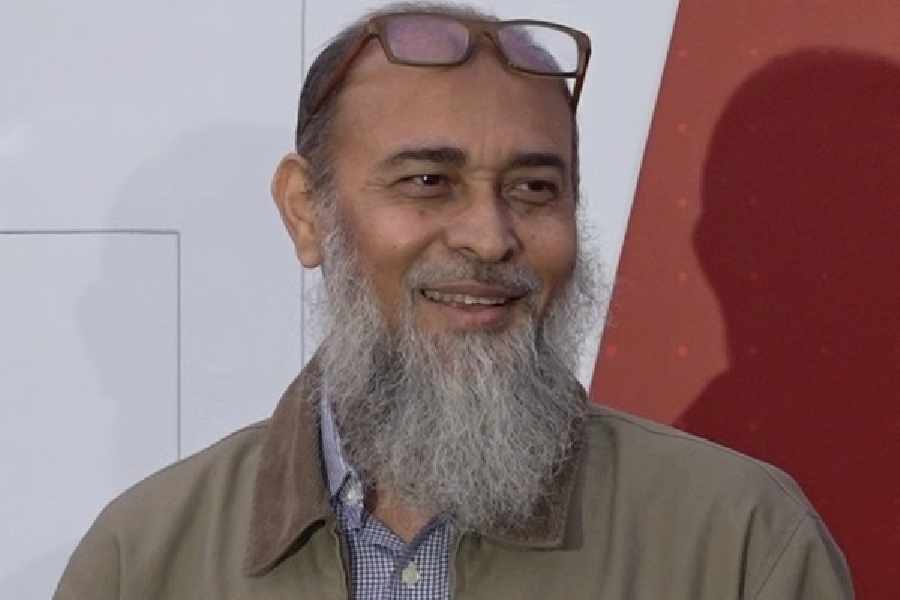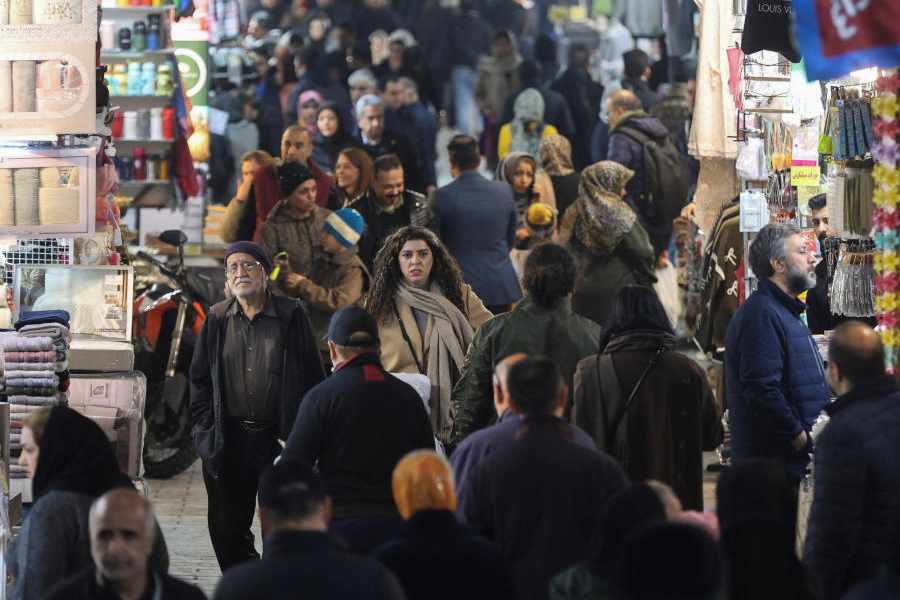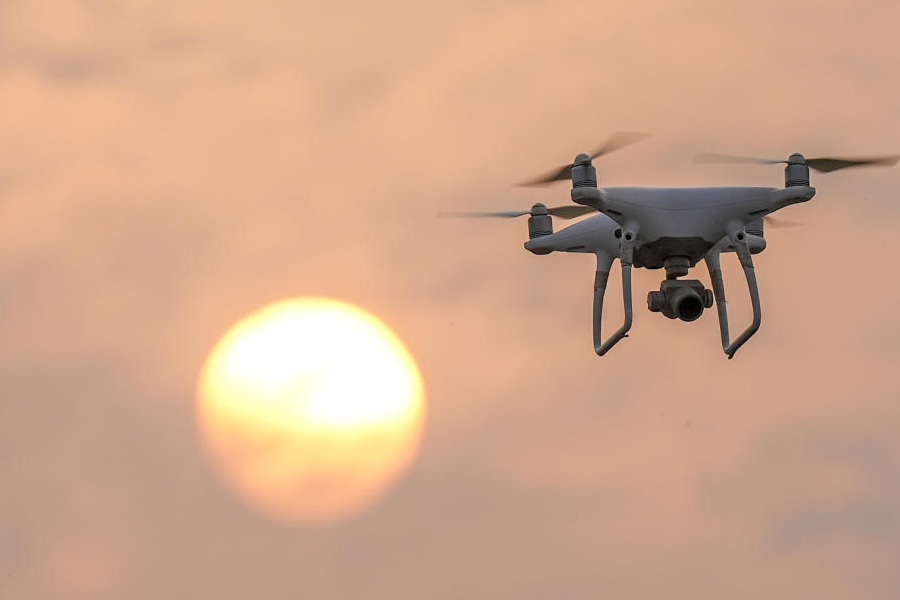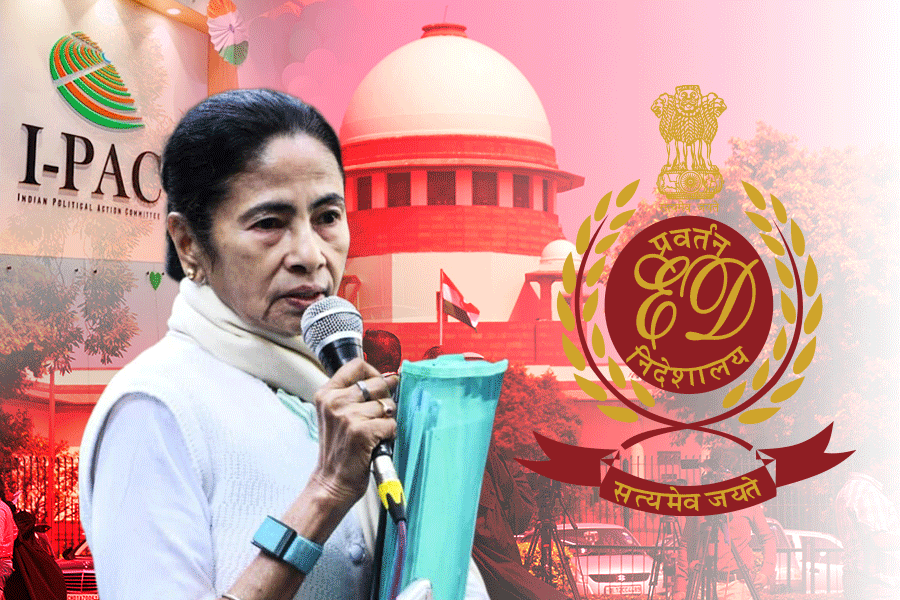Salaries of teachers working in Sishu Shiksha Kendras (SSK) and Madhyamik Shiksha Kendras (MSK) in Bengal will be increased and their services brought under the control of the school education department, education minister Partha Chatterjee announced on Monday.
The monthly salary of SSK teachers, who teach students of classes I to IV, has been increased from Rs 5,954 to Rs 10,000 and the salary of MSK teachers, who teach students of classes V to VIII, has been enhanced to Rs 13,000 a month from Rs 8,930. The hike in salaries will be effective from April 1 this year.
For the past seven years, over 53,000 teachers working in the SSKs and the MSKs, run by the state panchayat and rural development department, had been demanding enhancement of their salaries. They had also demanded their services be brought under the education department.
Chatterjee announced the government’s decision to hike salaries and introduce a string of other benefits after meeting nearly 300 representatives of various SSK and MSK teacher lobbies in Salt Lake on Monday. The SSK and the MSK teachers had launched an indefinite strike in Salt Lake in March protesting the government’s delay in raising their salaries. Hundreds of SSK and MSK teachers had blocked the road to Bikash Bhavan.
It was only four days ago that Chatterjee met aggrieved teachers of state-aided primary schools at Nazrul Mancha and later announced raising their salaries in the same way as he did on Friday.
A section of primary school teachers had also started an indefinite hunger strike in Salt Lake demanding a pay hike this month. Actors Aparna Sen and Koushik Sen and leaders of various Opposition parties, including the BJP, CPM and the Congress, had met the agitating primary school teachers and expressed their solidarity with their movement.
A clash had started between the agitating teachers and Bidhannagar police last month when a march towards Bikash Bhavan was stopped midway by the cops.
The series of recent incidents of teachers’ agitations and the voices of dissent raised by Opposition leaders and others against the Mamata Banerjee government had “embarrassed ” the ruling dispensation, prompting it to accept the teachers’ demand one by one, a source in the school education department said.
Mukulesh Rahman Biswas, a leader of a lobby of SSK and MSK teachers, said they had been working as full-time staff for several years and the pay hike and a few other benefits were long overdue.
The SSKs and the MSKs were opened in 1999 and 2003, respectively, by the then Left Front government to offer elementary education till Class VIII to students in the rural belts coming from marginalised families under a central government scheme. The Centre provides 60 per cent of the salary of the SSK and the MSK teachers and the remaining 40 per cent is borne by the state government.
In all other states, the respective school education departments run the centres.
Bengal happens to be the only state where the then Left Front government had engaged the panchayat and rural development department for running the SSKs and MSKs.
Since the education department is in charge of running the centres in all other states, the Centre releases its grants under this scheme to the school education department even in Bengal.
The running of the SSKs and the MSKs in Bengal had been affected because of involvement of two departments.
The curriculum that are followed in the SSKs and the MSKs are of the state primary and secondary education boards that are controlled by the school education department.
The grants for the teachers’ salaries are first released to the school education department from where it is transferred to the panchayat and rural development department for payment to the teachers.

